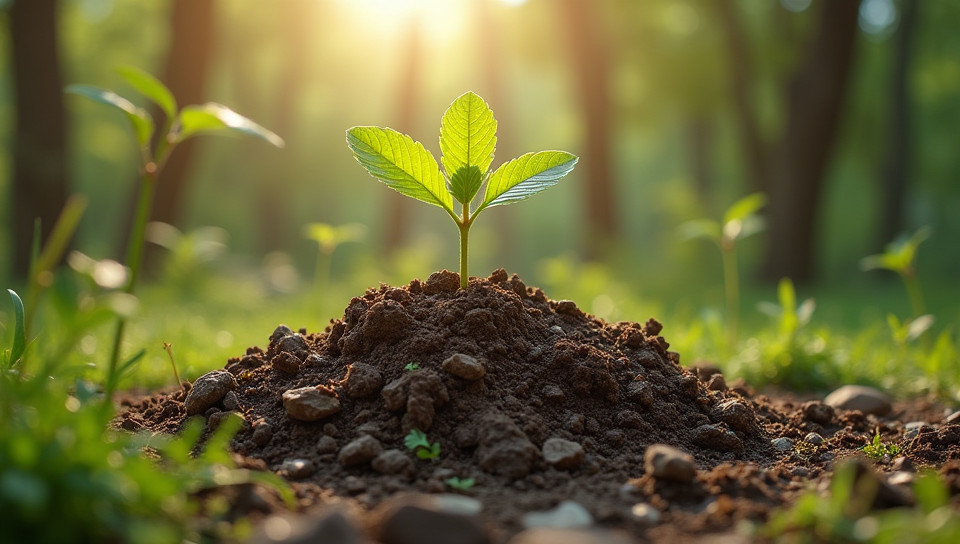Some compostable materials are still sent to landfills mistakenly 69%

The Unseen Consequences of Composting Mismanagement
As we strive to reduce our environmental footprint, many of us have made the switch to composting as a way to divert organic waste from landfills. However, despite good intentions, some compostable materials are still being sent to landfills, often due to misunderstandings about what can and cannot be composted.
The Problem with Misidentifying Compostable Materials
Composting is a natural process that breaks down organic materials into a nutrient-rich soil amendment. However, not all organic materials are created equal when it comes to composting. Some materials, such as food waste and yard trimmings, can be easily composted at home or through community programs. On the other hand, certain materials like plastics, metals, and ceramics cannot be composted and should be sent to landfills.
What's Being Sent to Landfills?
- Food scraps from restaurants and cafes
- Yard trimmings that are too large for home composting
- Compostable bags and containers
- Paper products contaminated with food or plastic
These materials often end up in landfills due to a lack of education on what can be composted. Additionally, many communities do not have adequate infrastructure to handle compostable materials, leading to them being sent to landfills.
The Consequences of Composting Mismanagement
When compostable materials are sent to landfills, they do not decompose in the same way as organic waste that is intentionally composted. Instead, they take up valuable space and contribute to greenhouse gas emissions. Furthermore, the production of biodegradable plastics and other compostable materials can have negative environmental impacts if not disposed of properly.
What Can We Do?
To address this issue, we need to improve education on what can be composted and how to do it correctly. Communities must also invest in infrastructure that allows for the efficient processing of compostable materials. By working together, we can reduce waste, promote sustainable practices, and create a healthier environment for future generations.
Conclusion
The mismanagement of compostable materials is a significant issue that requires attention and action. By understanding what can and cannot be composted, we can take steps to reduce waste and support the development of more sustainable systems. It's time for us to rethink our approach to waste management and prioritize the health of our planet.
- Created by: Alessandro Pellegrino
- Created at: Aug. 19, 2024, 11:26 p.m.
- ID: 7807




